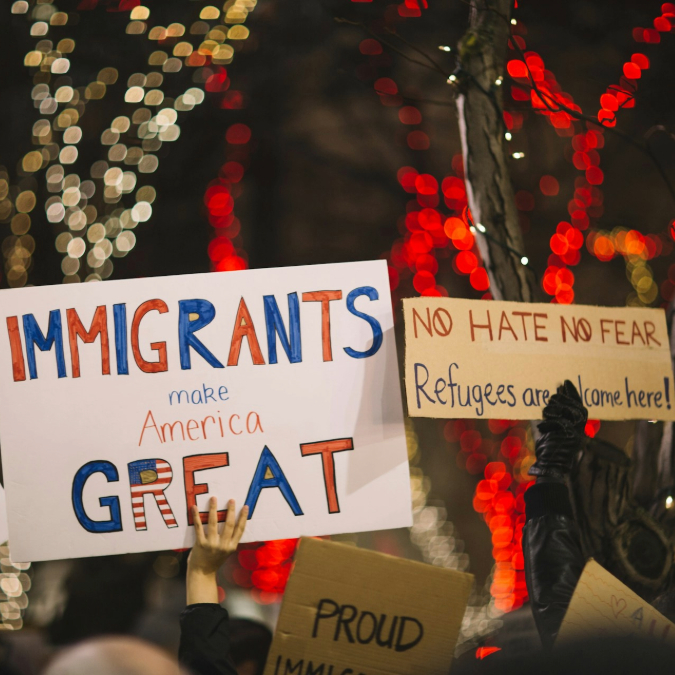
Immigration policies must balance humanitarian concerns with national security interests. With so much at stake, immigration policies continue to be a hot-button political issue. According to The Hill, a recent survey revealed that immigration has surpassed inflation and become the top concern for American voters. Here’s an overview of 16 immigration policies that have divided the nation.
1. Border Wall Construction

The idea of completing the construction of a wall along the U.S.-Mexico border has been controversial. Supporters believe that a border wall would enhance national security and help prevent illegal immigration. Those opposed say that building such a large barrier would be expensive, bad for the environment, and ineffective.
2. Deferred Action for Childhood Arrivals (DACA)

DACA was created to protect undocumented immigrants who were brought to the U.S. as children (called Dreamers) from deportation and give them temporary work authorization. According to NBC News, the program has been barred from accepting new applications by the federal court system. The future of DACA and Dreamers is uncertain as debates about the program’s constitutionality and legality continue.
3. Sanctuary Cities
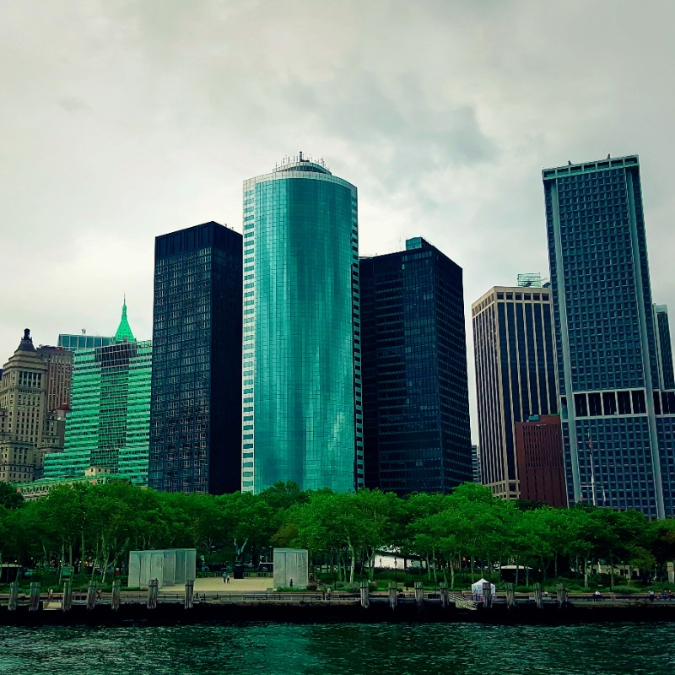
Sanctuary cities have immigrant-friendly policies that allow undocumented families to participate in daily life more fully. For example, Chicago city officials won’t ask anyone about their immigration status or share that information with the authorities. Critics of sanctuary cities believe that their immigration policies could lead to increased crime.
4. Immigration Detention Facilities
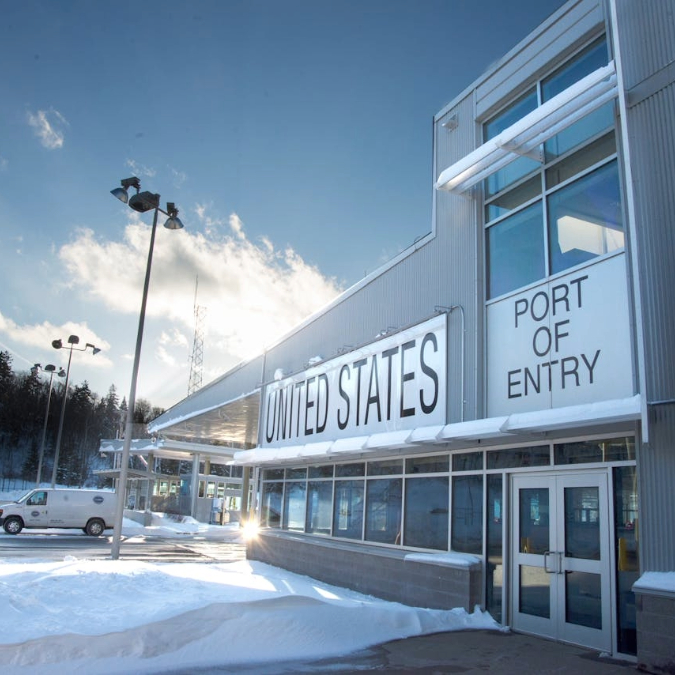
Immigration detention facilities are designed to hold people suspected of illegally entering the country or committing visa violations while their cases are being processed. However, concerns about the conditions in these facilities have sprung up and incited calls for more oversight. Critics of these facilities argue that they’re too expensive, contribute to inefficient case processing, and are used to detain people who don’t need to be held, such as asylum seekers with no criminal history.
5. Legal Immigration Caps

The annual limits on family-based and employment-based immigrant visas have prompted discussions about the need for reform. Proponents of raising these caps believe that doing so will help address immigration case backlogs, promote economic growth, and attract top talent to the U.S. However, some Americans may worry that increased immigration could decrease job availability and burden the welfare system.
6. Birthright Citizenship

Proposals to end birthright citizenship for children born to undocumented immigrants in the U.S. have raised constitutional questions and debates over citizenship, assimilation, and immigration reform.
7. Family Separation

The Trump administration’s policy of separating migrant children from their parents at the southern border sparked controversy and legal challenges. While the policy was rescinded, its legacy continues to fuel debates over immigration enforcement and humanitarian concerns.
8. Asylum Process
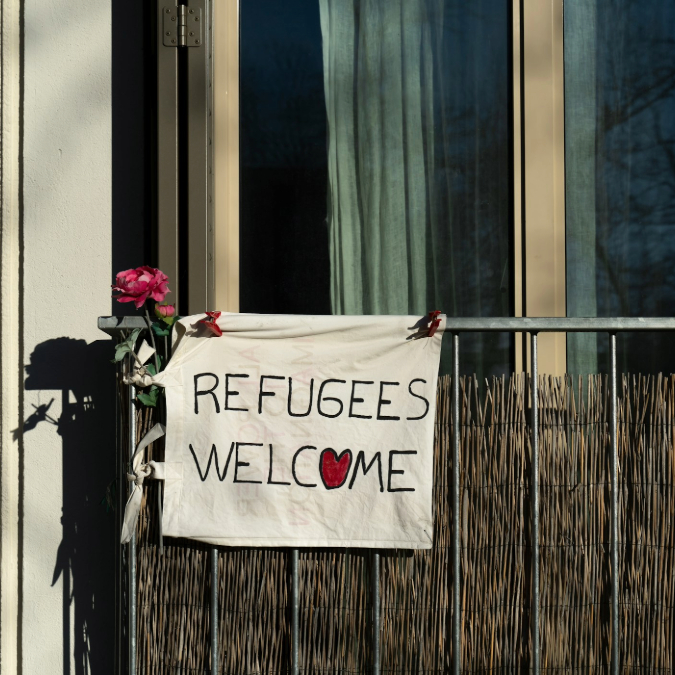
Eligibility restrictions and procedural hurdles can make it difficult for people fleeing violence and persecution to gain asylum, which has ignited calls for changes and reforms. Some argue that the system could be improved by granting asylum seekers legal aid and increasing court budgets to reduce case backlogs. Others worry about the costs of the asylum program and the potential for fraudulent claims.
9. H-1B Visa Program

The H-1B visa program can help employers address talent shortages and hire skilled immigrants to fill specialized roles. However, the program has the potential to be misused by companies that aren’t facing real labor deficits, but are hoping to cut costs by hiring foreign workers. Policy experts say that updating visa allocation rules and requiring employers to pay immigrants a fair market wage could help close the program’s loopholes.
10. Refugee Resettlement
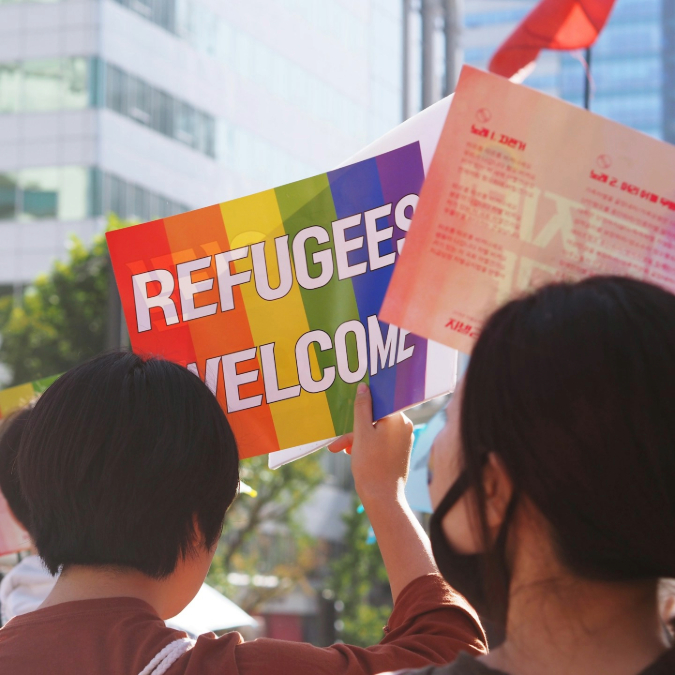
Studies have found that the U.S. government spends about $1.8 billion per year on refugee resettlement. Immigrants usually produce a net economic benefit in the long run by paying taxes. However, taxpayers may be concerned about the upfront expenses incurred to support new refugees.
11. Public Health-Based Immigration Restrictions

During crises like the COVID-19 pandemic, debates may arise over the implementation of immigration restrictions based on public health concerns. Policies regarding travel bans, quarantine measures, and entry restrictions can cause disagreements on how to balance public safety with civil liberties. For instance, Title 42 was criticized for preventing migrants from seeking asylum during the pandemic.
12. State and Local Immigration Enforcement

Disputes over the role of state and local law enforcement agencies in enforcing federal immigration laws have led to legal battles. For example, the Justice Department sued California in 2018 over immigrant-friendly sanctuary laws that it alleged were unconstitutional.
13. Border Security

Another long-running debate is border security. Some policy experts think that illegal border crossings can be reduced significantly by investing in border security measures like physical barriers and more patrol agents. Others believe these efforts are largely futile, which can cause policy disagreements and political gridlock.
14. Temporary Protected Status

Temporary protected status has been used to grant refugees from certain conflict-ridden nations temporary asylum. Contrary to its name, many recipients of this status have remained in America for many years in a legal gray area. Some policy experts are calling for reforms, such as a clear path toward citizenship and an overhaul of the eligibility requirements for TPS.
15. Merit-Based Immigration

The Trump administration argued that the U.S. immigration system shouldn’t be based as heavily on family connections and should prioritize merit instead. The administration believed that qualifying immigrants based on their skills and the quality of the job offers they received would help strengthen the American economy. However, there are concerns about this type of system’s impact on diversity and family reunification.
16. E-Verify Mandates

Mandating the use of E-Verify, an electronic system for verifying employment eligibility, has faced opposition from businesses and immigrant rights advocates. They argue it could lead to discrimination, privacy violations, and disruptions to the labor market, particularly in the agricultural sector.
Looking Toward the Future: Reaching a Compromise
To quote President Kennedy, America is a nation of immigrants. However, Americans remain divided on the subject of immigration policies. Debates often center on issues like border security, pathways to citizenship, refugee admissions, and the balance between enforcement and compassion. Hopefully, policymakers will be able to find political compromises for these pressing issues.
Read More
Want to Build a Career and Life of Travel? Here’s How
Can Foreigners Take Out Loans in the US?
Come back to what you love! Dollardig.com is the most reliable cash-back site on the web. Just sign up, click, shop, and get full cashback!
Vicky Monroe is a freelance personal finance and lifestyle writer. When she’s not busy writing about her favorite money saving hacks or tinkering with her budget spreadsheets, she likes to travel, garden, and cook healthy vegetarian meals.
Comments